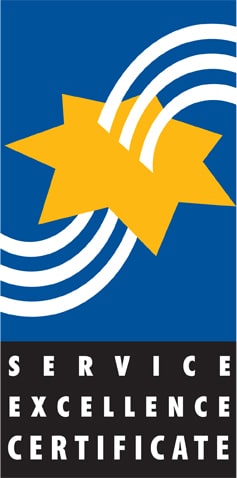Written by Jennifer Moore-Mallinos.
Illustrated by Marta Fabrega.
Lets talk series.
Book house, Brighton, UK, 2012
Healthcare for Children
Please Don’t Leave Me
Film Australia made this film for the Australian Association for the Welfare of Children as an Australian contribution to the International Year of the Child, 1979. The film was the result of a unique cooperation between Government, hospitals and the community.
Please Don’t Leave Me is a social document truthfully reflecting ‘where we were at’ in Australian children’s hospitals in 1979 – the International Year of the Child. The film is without commentary. At the time, Film Australia and AWCH paid tribute to hospitals whose staff courageously agreed to this exposure of their normal routine. Despite their vulnerability they were willing to go ahead, sharing with the film makers the aim of providing insights to all professionals, parents and policy makers concerned with the care of children.
Uncontrived visual and sound effects speak to the observer at an individual level with a strong emotional impact. It is worth noting that one of the camera men in the production team was Dean Semler of cinematographer fame – Mad Max 2, Dances With Wolves, City Slickers and Bruce Almighty to name a few.
 Please Don’t Leave Me shows the reality of a child’s hospital experience in 1979. The result is important and at times uncomfortable. It was an important tool for the achievement of AWCH’s national goal – that each hospitalised child’s overwhelming plea ‘I Want Mummy’ should be understood and answered. It was hoped that through insights gained the necessary provisions would be made both in policy and practice so that hospitalised children could be continually supported by their parents. In the cases where this was not possible, it was necessary to ensure a surrogate parent for each individual child.
Please Don’t Leave Me shows the reality of a child’s hospital experience in 1979. The result is important and at times uncomfortable. It was an important tool for the achievement of AWCH’s national goal – that each hospitalised child’s overwhelming plea ‘I Want Mummy’ should be understood and answered. It was hoped that through insights gained the necessary provisions would be made both in policy and practice so that hospitalised children could be continually supported by their parents. In the cases where this was not possible, it was necessary to ensure a surrogate parent for each individual child.
In AWCH’s 40th year we celebrate its achievements in the introduction of:
- increased and flexible visiting hours for parents/carers and siblings of hospitalised children and adolescents
- parents staying with their child during hospitalisation with appropriate facilities
- recognition of the importance of play/education for a child/young person’s preparation and recovery while in hospital
- increased parental involvement in all aspects of a child’s hospital care
- Introduction of the AWCH Ward Grandparent Scheme
It is worthwhile watching the outstanding film and reflecting on the last 30+ years advances in how children are cared for in hospital.
The DVD can be borrowed from AWCH Library


